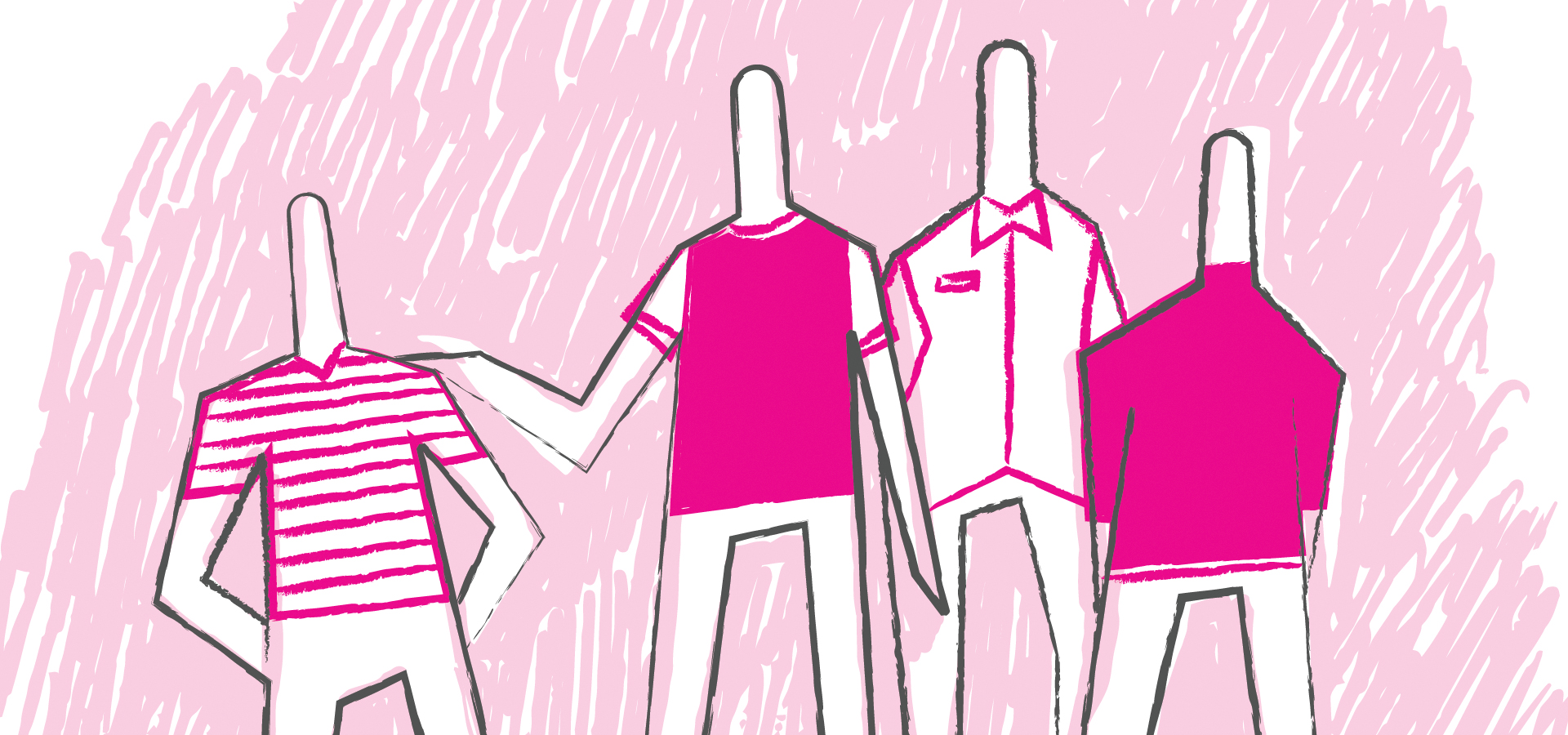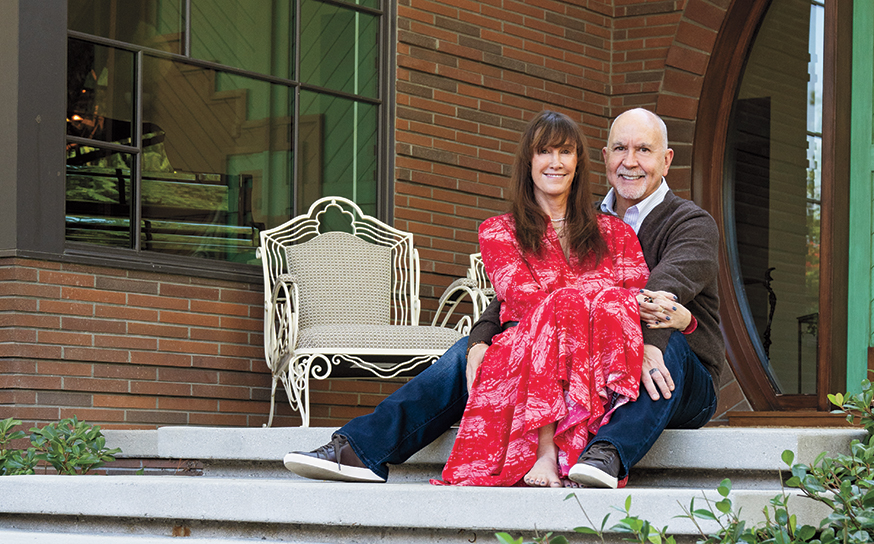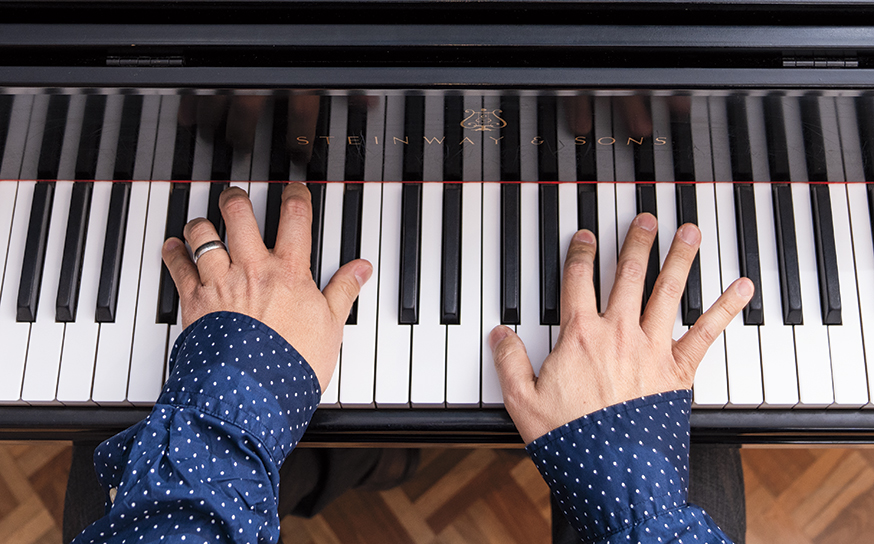
My Four Sons
A mom who came of age in the ’60s raises four sons to manhood, enlightened by the cultural changes she helped to create.
-
CategoryPeople
-
Written byJane Ulman
-
Illustrated byYasmine Kahsai
At our youngest son’s 6-year-old birthday party, one of his classmates’ mothers came up to introduce herself. “Oh,” she said, “you’re the mother of four sons.” I answered in the affirmative. “I have two,” she continued. “Then I got lucky and got a girl.”
Hmm. I had never felt unlucky. My Vietnamese manicurist had assured me that having four sons is fine, though five would be unlucky. And I could honestly answer “nope” when people asked me during my third and fourth pregnancies if I was trying for that girl.
I would have been delighted to have a daughter, but I wasn’t desperate for one. Chalk it up to my desire not to repeat a challenging relationship with my own mother. Or my acceptance of the maxim my sons brought home from preschool: “You get what you get, and you don’t get upset.”
So while my friends with girls went about trying to raise them to be confident, assertive, and independent, I focused on bringing up our boys with healthy and respectful attitudes toward females (and all people, for that matter) and an acute awareness that females should be viewed as equals.
“Boys will be boys” used to be the guiding principle for raising male offspring, assumed to be hardwired for boisterous, aggressive and competitive behavior. We can thank the feminist movement of the 1960s for championing the demise of that negligent male code of conduct. Still, as a mother, it wasn’t easy breaking the patriarchal patterns that infused—and continue to infuse—our society.
Those patterns begin early. My oldest son, who was four and a fan of his pink oxford shirt, suddenly refused to wear it. “Pink is a girls’ color,” a male classmate had decreed. Talk about preschool peer pressure.
At home, when faced with chores such as making their beds or helping in the kitchen, my boys would sometimes jokingly say, “That’s women’s work.” They can attest to how amusing I found that answer.
But the favorite crack in our household of young boys—and even older ones, I’m sorry to admit—was to confront a brother who was teary-eyed and snap, “Stop crying like a girl.” It was guaranteed to get a reaction—from the weeping brother, and an equally strong one from me.
Over the years (and still even today), I have worked to inculcate in them strong feminist values, to make them more communal, cooperative and compassionate and to teach them social and household skills so that they become solid citizens. Also—full disclosure here—I don’t want their wives and girlfriends to hate me.
So far so good. My millennial sons are now 28, 30, 32 and 35. They are staunch believers in gender equality, at work and at home. They grocery shop, cook, do laundry and comfortably wear pink shirts. The two married sons, like their father, are expert diaper changers.
With the recent birth of our third granddaughter, as my daughter-in-law noted, “The girls now officially outnumber the boys.” That makes it my sons’ responsibility to ensure that their daughters grow up to be confident, assertive, independent females. And that they don’t provoke one another by yelling, “Stop punching like a boy!”
Writer Jane Ulman and her husband, Larry, live in Encino with their 9-year-old female Akita, who was born fearless and self-reliant.











